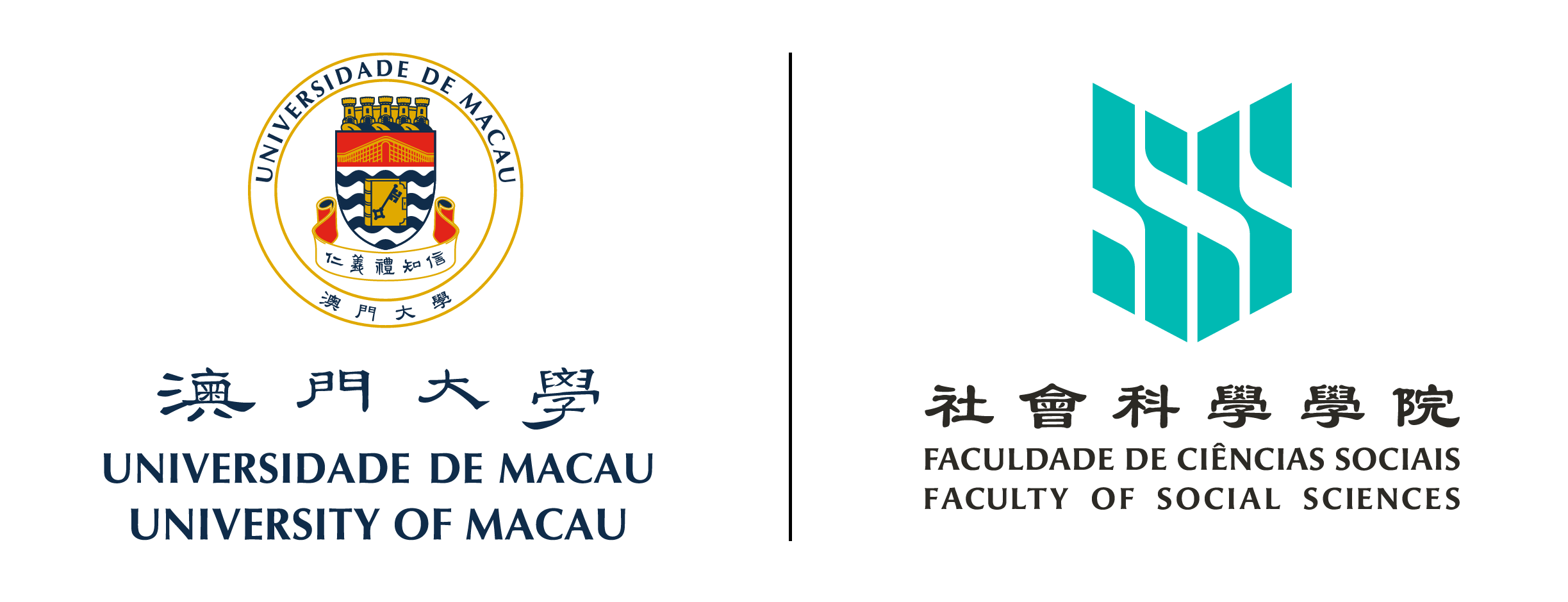Liu Shih-Diing, professor in the Department of Communication of the Faculty of Social Sciences (FSS) and senior research fellow in the Institute of Advanced Studies in Humanities and Social Sciences (IAS) at the University of Macau (UM), has been selected as a visiting scholar at the Fairbank Center for Chinese Studies at Harvard University for the second semester of the 2024-2025 academic year. During his tenure at Harvard, Liu will undertake two book projects and explore collaborations with scholars at the university. The competition for the research position is fierce and is only awarded to scholars with outstanding achievements.
Liu’s academic achievements span several research areas. Since receiving his PhD from the University of Westminster in 2003, Liu has published over 50 major journal articles and book chapters across various academic fields, including communication and media, contemporary cultural studies, youth studies, humanities, gender studies, labour relations, interdisciplinary social studies, and Asian studies. His work has appeared in internationally renowned journals such as New Media & Society, Positions: Asia Critique, and New Left Review. The international academic journal Pacific Affairs commented on Liu’s first book, The Politics of People (published by the State University of New York Press): ‘The elegance with which Liu weaves these stories and the case details he presents are good reasons to include his volume in both area studies and theoretical reading lists’. Over the past year, Liu has been invited to lecture at prestigious institutions such as the University of Hong Kong, Nanjing University, Johns Hopkins University, the University of Pennsylvania, and the Harvard-Yenching Institute. At the invitation of the International Association for Media and Communication Research (IAMCR), Liu delivered a keynote speech at the IAMCR annual conference in Christchurch, New Zealand, in July this year. The event was attended by nearly 1,000 delegates. IAMCR has close links with the United Nations Educational, Scientific and Cultural Organization (UNESCO) and the United Nations Economic and Social Council.
Liu’s first book project at Harvard University will be based on Affective Spaces: The Cultural Politics of Emotion in China (published by Edinburgh University Press), a book he co-authored with Shi Wei, associate professor in the Department of Communication of the Faculty of Social Sciences at UM, with funding from IAS. The book was acclaimed by Yang Guobin, director of the Center on Digital Culture and Society at the University of Pennsylvania, as ‘an important contribution to the study of emotion, media and society’. Liu argues that while gender roles are often shaped by emotional expectations, the emotional dimensions of gender have been largely overlooked in gender, media, and Chinese studies. To address this gap, Liu’s research at Harvard will further explore how emotions can provide new perspectives on understanding gender and society in China. In addition to this book project, Liu will undertake another book project on the emotional dynamics of artificial intelligence.
Founded in 1955, the Fairbank Center for Chinese Studies at Harvard University is one of the world’s leading centres for the study of China and East Asia. Its interdisciplinary research has, for decades, been highly influential in academia, governments, business sector, and art community worldwide. The Fairbank Center has also been consistently ranked among the top regional studies centres in the world by the University of Pennsylvania’s Global Go To Think Tank Index Report. Notable former directors of the Fairbank Center include historians Roderick L. MacFarquhar, Philip Alden Kuhn, and Benjamin I. Schwartz; Ezra F. Vogel, author of the book Deng Xiaoping and the Transformation of China; Elizabeth J. Perry, fellow of the American Academy of Arts and Sciences, former director of the Harvard-Yenching Institute, and former president of the Association for Asian Studies; and William C. Kirby, chairman of the Harvard China Fund.
Source: University of Macau


